Adrian's Top Five
Here are five books I plan to make time for this fall (free book study included!)

I can’t believe it is already October! I wish I could say that I’ve been able to unpack my sweaters and hoodies, and crank up the central heating, but unfortunately, it doesn’t feel much like fall here in Colorado. So, even though I’m still sweating through my short-sleeved shirts, I’m excited to begin my fall lineup of reading. Full-time teaching prevents me from reading as much as I’d like, but once school starts, I try to pick a few books that will help me improve my pedagogical practice, no matter how long it takes for me to finish reading them. Here are five books I plan to read this fall.
1. Becoming an Everyday Changemaker by Alex Shevrin Venet
I was unfamiliar with Venet’s first book, Equity-Centered Trauma-Informed Education, but since returning to the classroom in 2020, I’ve found equity-centered trauma-informed practices to be an essential part of my pedagogical practice. I picked up a copy of
’s newest book, Becoming an Everyday Changemaker: Healing and Justice at School based on ’s recommendation. I was chatting with him about my last Substack slow-read, explaining how I wanted to do another one, but was still looking for the right book. He told me that he, too, was thinking about hosting a book study and was considering Becoming and Everyday Changemaker. After reading the introduction, I knew that Becoming an Everyday Changemaker was the perfect book for a fall book study. Her guiding principles that change happens through relationships, change happens through slow, intentional reflection, and change requires us to lead with curiosity, align with my own (and Marcus’) values.Beginning on October 13,
and I will begin a one-chapter-per-week reading of Becoming an Everyday Changemaker. We will alternate sending out posts via our respective Substacks ( and ). If you are interested, grab a copy and stay tuned to Substack for the conversation and comments.2. Infectious Generosity by Chris Anderson
I’m a TED Talk addict. I love being inspired by thoughtful people from around the world. At any time, I can press play and listen to someone’s important ideas. I was lucky to receive a free copy of Chris Anderson’s Infectious Generosity. I can’t express to you how joyous I feel when I receive a new book in the mail, and Anderson’s generous gift made this one extra special. I love his premise that kindness and generosity can go viral. Imagine actually using social media for good! I’m certain that once I finish this book, I will be sharing how I plan to incorporate his What-If’s in my classroom.
3. Schoolishness by Susan D. Blum
As an anthropologist and educator, Dr. Susan D. Blum has written a ton of fascinating books. I discovered her work as I reflected on my grading practices. Whenever I gave my students arbitrary and artificial marks on their work, I always felt like I was devaluing their work and denying their inherent brilliance. As a cis-gender, white male, I’ve inherited privileges that allow me to play the “game of school” very well. This makes is difficult not to teach the way I was taught, but instead, to help my students push against inequitable policies and procedures in their public education experiences. Now that I have been teaching for 20+ years, I have more experience with being critical of institutional education and how it affects my own pedagogical practices. Schoolishness is an important book that I know will help me on my journey to design learning experiences that make my fifth-grade classroom one that is enjoyable and empowering for students. I’m going to take my time reading this book.
4. Identity Affirming Classrooms by Erica Buchanan-Rivera
Before I begin thinking about how I plan to teach my students the required academic content, I always begin with the question, What do I want my classroom to feel like? When students walk into my room on the first day of school, I want them to immediately feel like this is a learning space that will value who they are and push them to grow. I center the humanity of my students over everything else that I do.
This year, Identity Affirming Classrooms by Dr. Erica Buchanan-Rivera is a book that teachers in my building are reading. There is much in Rivera’s work that has me fist-pumping and highlighting and underlining. I find the more I read Identity Affirming Classrooms, the more I want to share with colleagues. So far, this is an invigorating book that is reigniting my passion for teaching to the humanity of my students.
The purpose of education is to nurture the intellectual capacity of youth, developing skills and dispositions that enhance criticality and knowledge to engender contributing members of a democratic society.
5. From White Folks Who Teach in the Hood Edited by Dr. Christopher Emdin and sam seidel
I am obsessed with Dr. Emdin’s work. From For White Folks Who Teach in the Hood… and the Rest of Y’all Too to Ratchetdemic: Reimagining Academic Success, I’ve read and listened to almost everything Emdin has written or said about educating urban youth. When I got a notification that he was releasing a new book, I immediately pre-ordered it and re-read For White Folks in preparation for From White Folks. Luckily, while I was waiting, I could listen to sam seidel and Christopher Emdin’s accompanying podcast. From White Folks is a collection of essays written by white teachers about their experiences teaching neo-indigenous students in urban schools. Each episode is an interview with one of these educators, and they are pure gold. Now that I have the book in hand, I am slowly reading and digesting each essay, then listening to the corresponding episodes. You do not need to be teaching in an urban school to gain from these episodes. It’s for the rest of y’all, too!
I want to read each of these books slowly and with intention. I want to sit with the ideas expressed, thoughtfully processing them, even if it takes me until June to finish.
What are you reading this fall? Let me know in the comments!
Have a great week!
— Adrian
Resources
Chris Anderson became the curator of the TED Conference in 2002. Since then, he has a number of talks of his own, including the one that inspired Infectious Generosity.
Unconditional Learning | Alex Shevrin Venet
If you want a quick dive into Venet’s work, I highly recommend her blog, Unconditional Learning. You can also find her here on Subtack!
This interview with The Human Restoration Project is where I first learned about Dr. Blum’s work. I particularly love their discussion of humanizing the teacher.
Why Teachers Must Examine Their Own Ideologies to Create Identity Affirming Classrooms
This Mindshift post from KQED has an excerpt from Identity Affirming Classrooms. I love her use of mirror work to help teachers reflect on our biases and how those show up in our pedagogy.
Listen to Dr. Erica Buchanan-Rivera discuss mirror work with Dr. Dena Simmons from LiberatED.
sam seidel used to be the Director of K12 Strategy + Research at High Tech High. Listen carefully to the two questions he asks about what makes a school a “good school.” I have them printed out and taped to my desk and a constant reminder to make sure I am intentional about the WHAT and WHY in my classroom.
Want some more of Adrian’s Top 5? Check out a few of my archived posts1.
I have no plans to ever make Adrian’s Newsletter a pay-to-read place. If you do want to contribute financially to this Substack (and are able), consider upgrading to PAID.



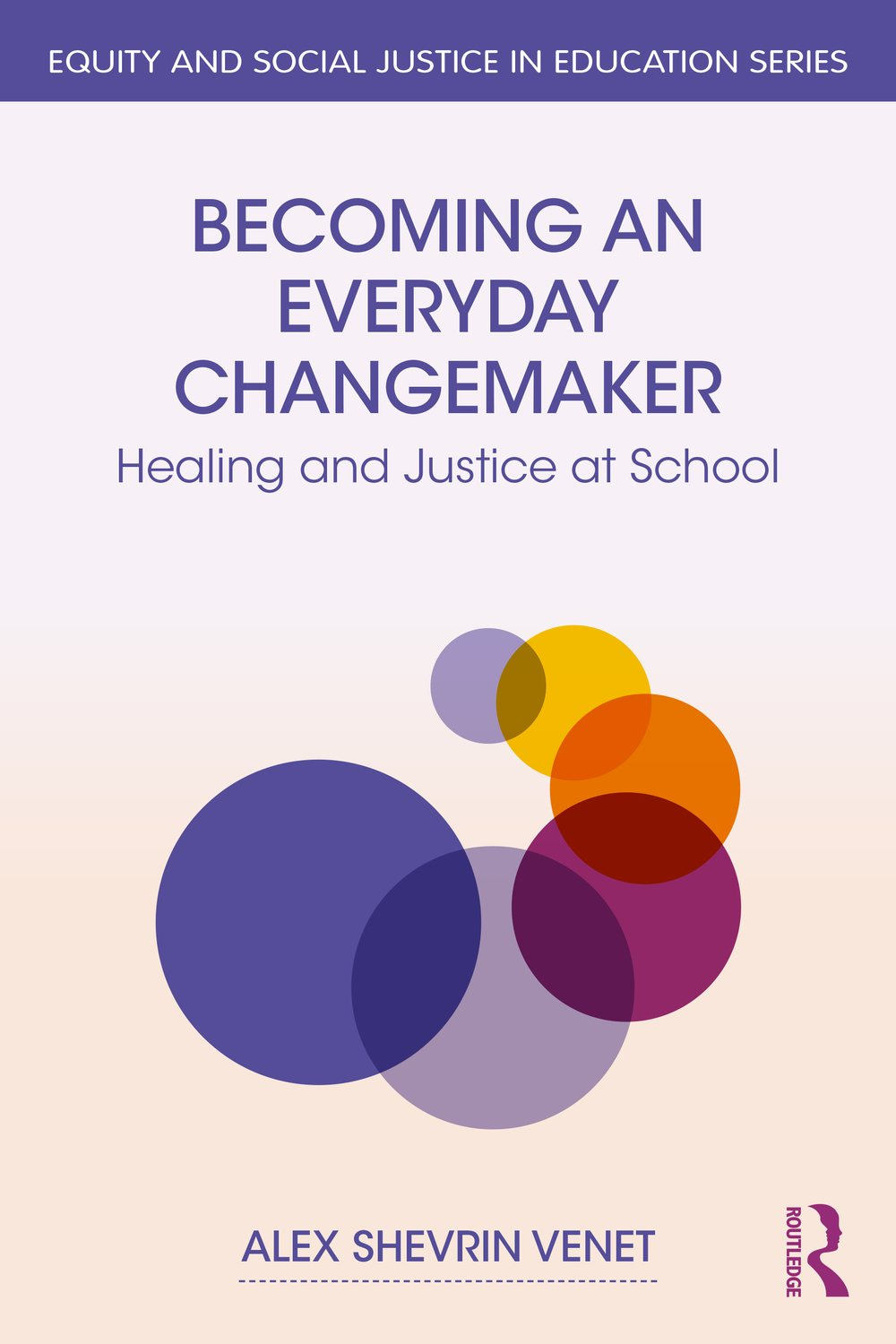

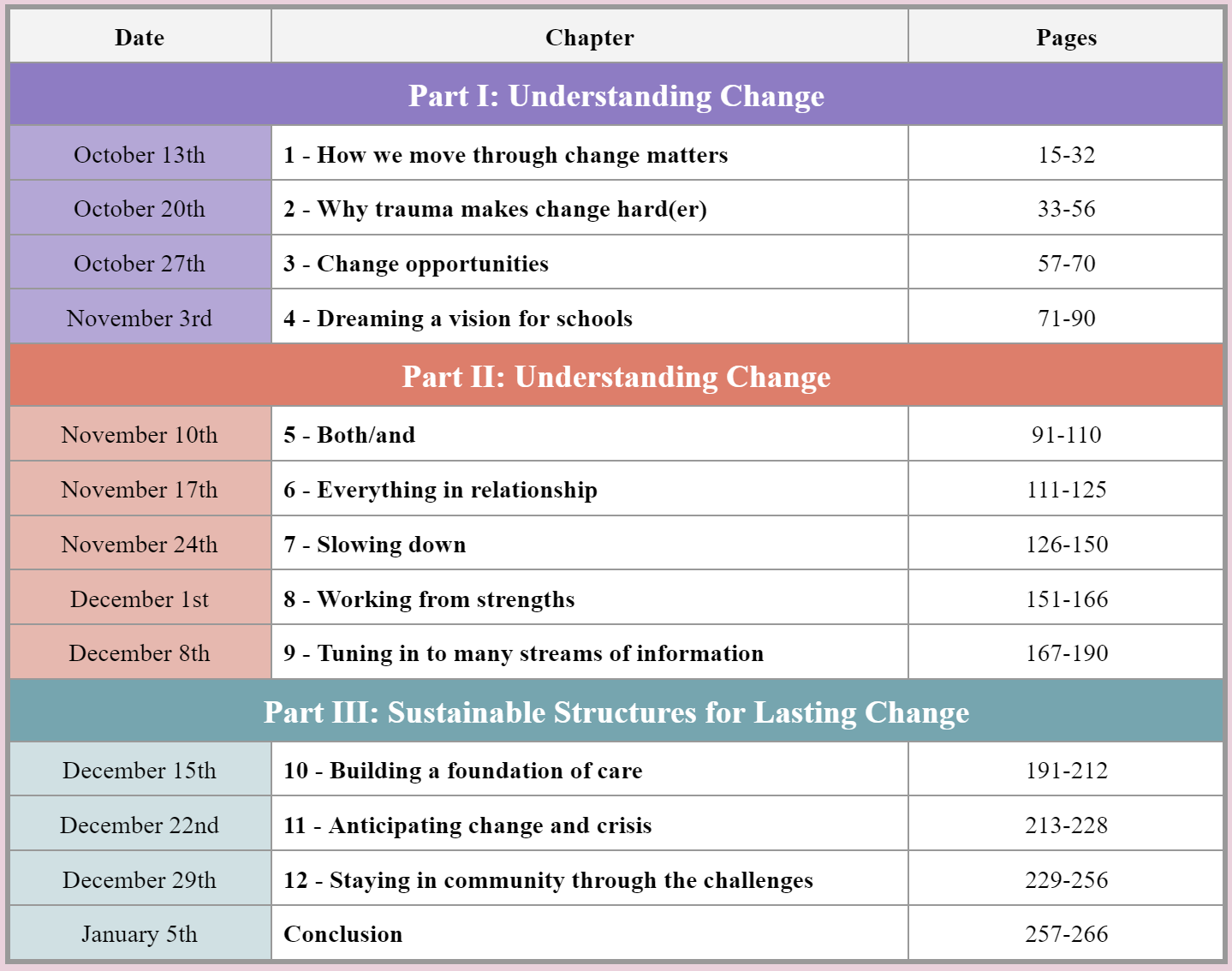
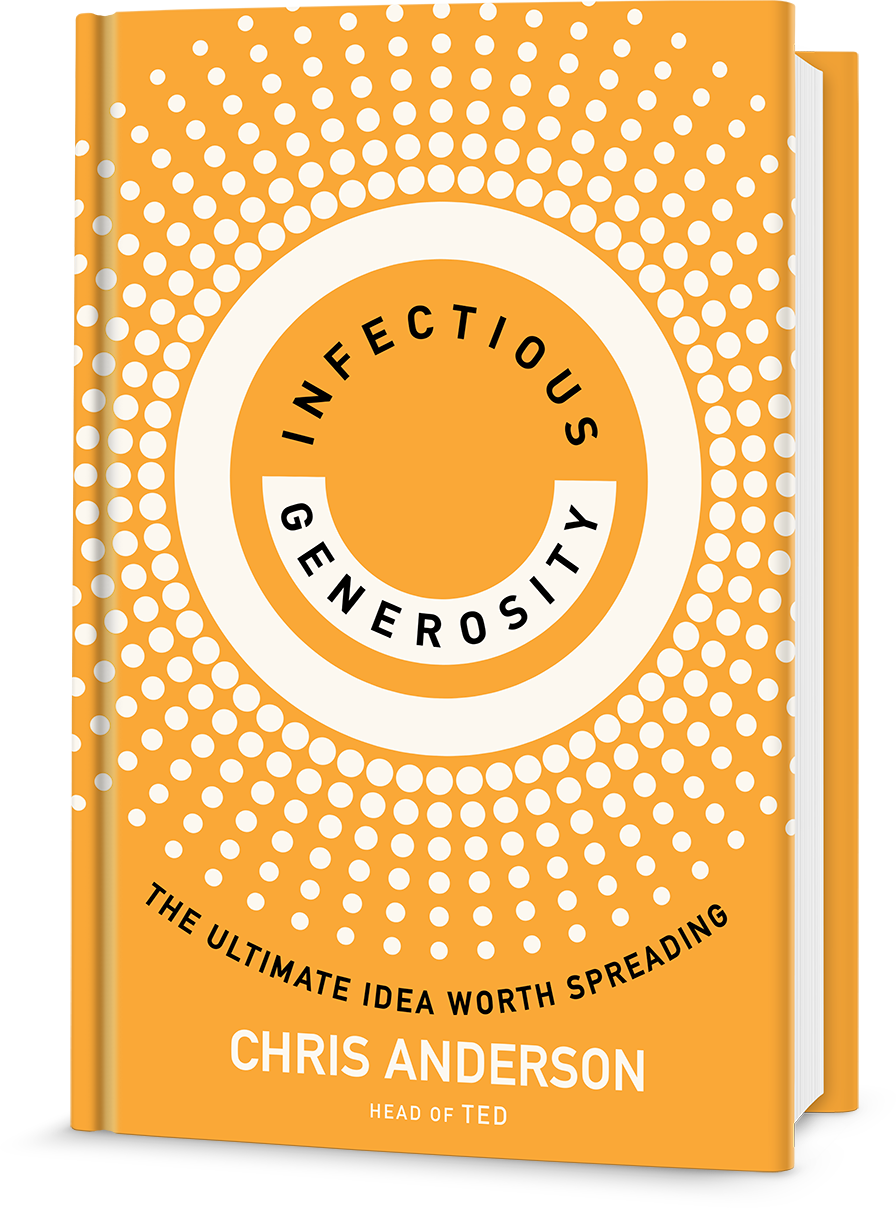


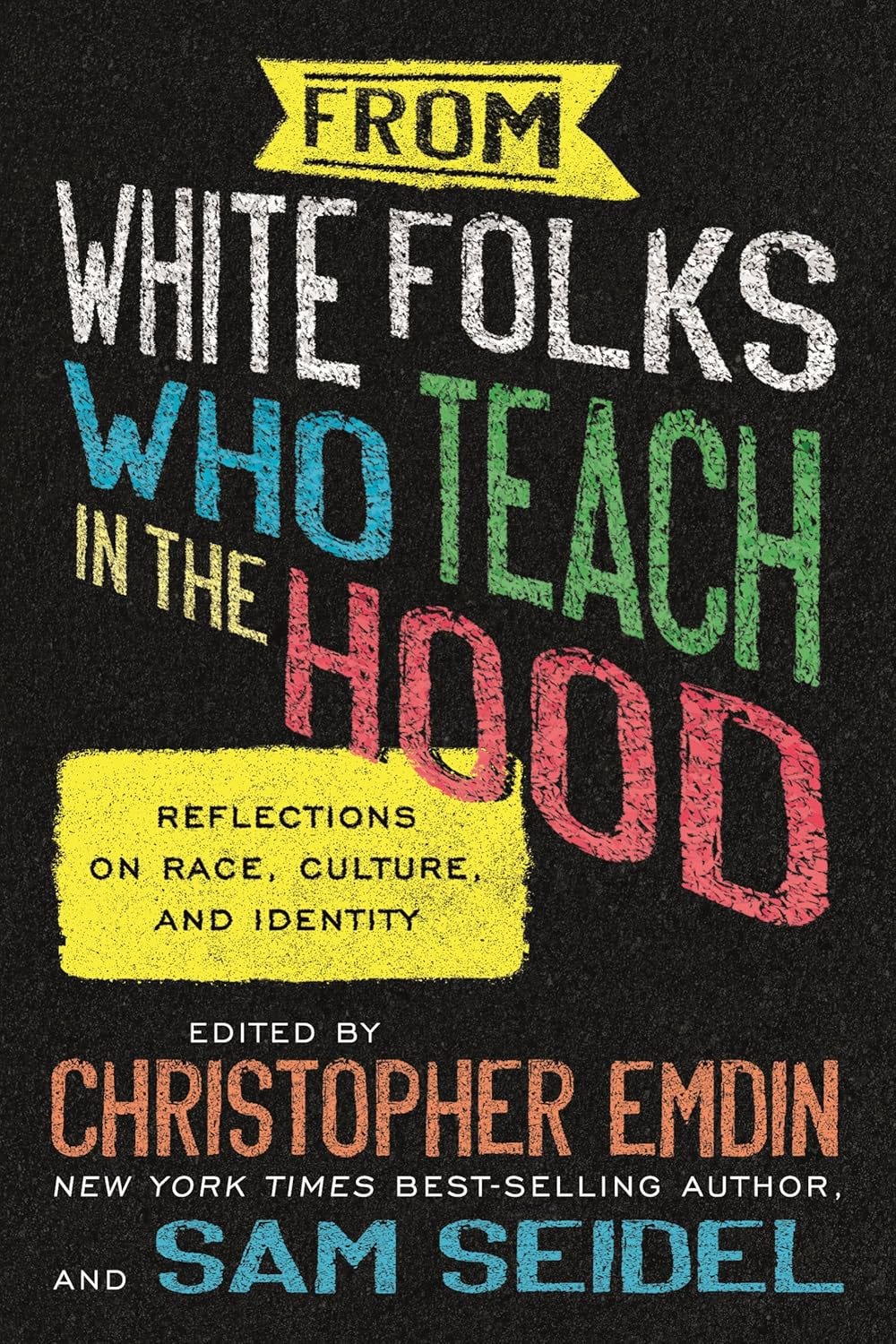

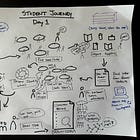
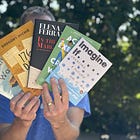
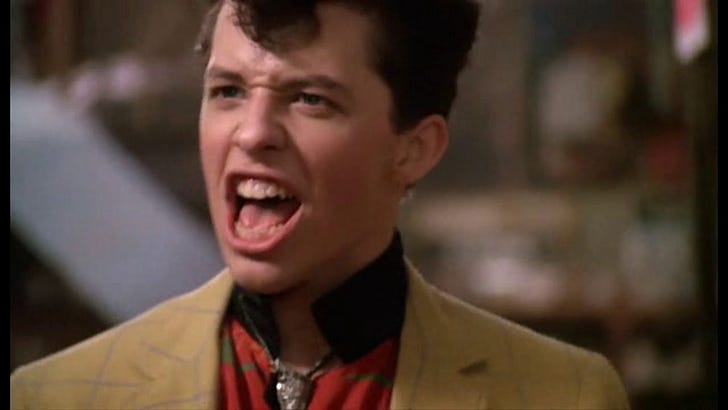

A great companion to Infectious Generosity is Unreasonable Hospitality by Will Guidara. Can’t recommend it enough.
I’d told myself I didn’t have time for this book study, but you’ve convinced me — I’m in :-)